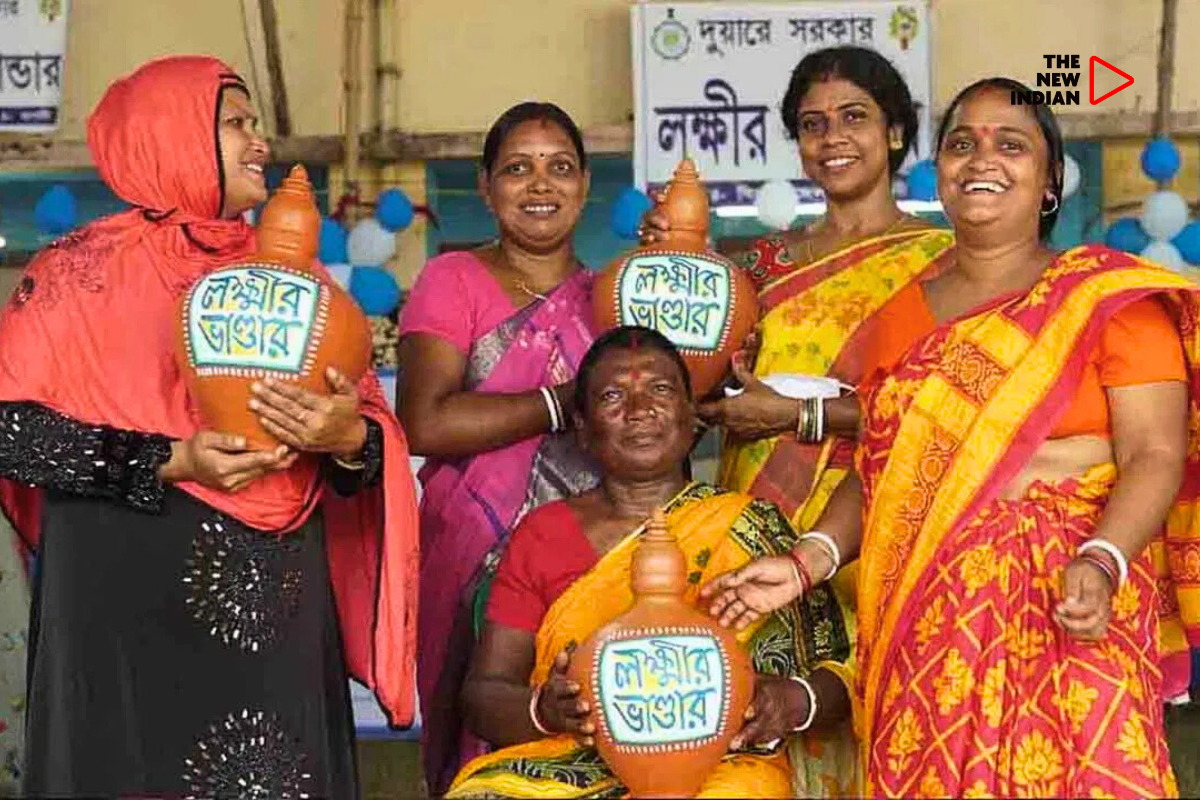
In 2024-25, nine states have earmarked over one lakh crore rupees for these schemes

NEW DELHI: In a notable shift in state-level welfare policies, several Indian states are significantly increasing their budget allocations for unconditional cash transfer schemes aimed at benefiting women from lower-income households. In 2024-25, nine states have earmarked over one lakh crore rupees for these schemes, says State of State Finances 2024-25 by PRS India.
Jharkhand, following the introduction of similar programs in other states, has rolled out its own scheme months after presenting its budget, while Himachal Pradesh is implementing its scheme in phases. These initiatives are seen as part of the current governments’ promises made during elections, with states like Punjab, Haryana, and Telangana including cash transfer schemes as part of their political agendas.
ALSO READ: Harimau Shakti 2024: Joint military exercise to boost jungle warfare skills
The primary goal of these schemes is to address poverty and improve the socio-economic condition of women, especially those from economically weaker sections. Beneficiaries of these programs are primarily selected based on income and age thresholds. Importantly, the schemes generally exclude government employees, professionals, and income tax payers, ensuring the funds are directed to those who are most in need.

The number of states implementing such cash transfer schemes has expanded significantly in the past two years. While Assam and West Bengal had such schemes in 2022-23, 2024-25 saw a broader adoption with Karnataka planning to allocate a substantial Rs. 28,000 crore for its cash transfer program. Maharashtra has similarly set aside Rs. 10,000 crore for the scheme, and the combined annual cost of these transfers across the states is estimated to be around Rs. 46,000 crore.
ALSO READ: Indian Army showcases innovations at Inno-Yoddha 2024
The benefits of these cash transfer schemes go beyond just providing immediate financial relief. A study sponsored by the West Bengal government, examining the Lakshmir Bhandar program, found that beneficiaries used the funds for household expenses, educational needs, medical care, and even small business ventures. This highlights the significant role these cash transfers play in improving consumption capacity, which in turn can stimulate local economies and contribute to poverty alleviation.
Additionally, the impact of cash transfers goes beyond financial stability. These programs have been credited with improving the nutritional status of women and their families, helping reduce the severity of poverty by offering a safety net that empowers recipients to meet basic needs. The schemes thus not only address immediate financial challenges but also contribute to long-term social and economic development.
ALSO READ: Fadnavis elected as legislative party leader; will be new Maharashtra CM
As more states commit to implementing these cash transfer programs, the growing trend signals a broader shift toward direct economic support for vulnerable populations, with women being the primary beneficiaries. This move is part of a broader strategy to enhance welfare systems, reduce poverty, and empower women economically.
